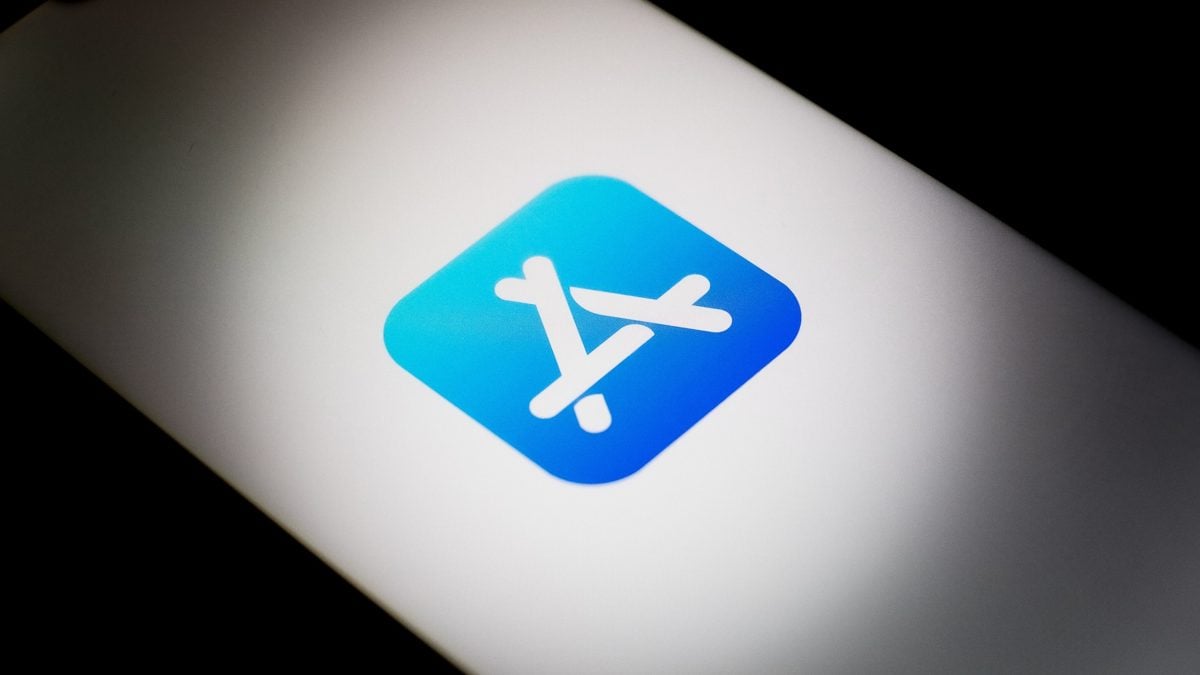Developers interested in distributing iOS apps on their websites also have to cross a high bar. This includes being registered or incorporated in the EU, being a member of “good standing in the Apple Developer Program for two continuous years or more,” and having an app that received “more than one million first annual installs on iOS in the EU in the prior calendar year.”
Apple will also vet the apps, which must receive official “notarization” from the company, before they can distributed on third-party platforms.
Developers must pay a 17% or 10% commission, and fork over “€0.50 for each first annual install” if their app crosses one million total installs over a 12-month period.
Critics have since slammed the new fee structure, calling it anticompetitive. “This is extortion, plain and simple,” Spotify said in January. “For any developer wondering if this might work for you, you need to have less than a million customers and essentially sign up for not growing in the long run.”



You and everyone here understood perfectly what I meant. Get out of here with your inferior presidential system.
Pfft ok. You could’ve just said “I meant Congress” but instead you confusingly pushed back
Yeah I agree pretty confusing - talk about moving the goal posts.
Having said that, I do think dustyData highlighted the two defining flaws in the US government:
Money has too much influence over politicians. Many other countries have laws that limit how much funding a politician can receive from the private sector. Some countries that don’t have those limits are adopting them.
The critical difference between “Congress” and “Parliament” is the separation between Congress and the President does not exist under a typical parliamentary system. Under that system the Prime Minister is just the person parliament voted to be in charge and make individual decisions where you can’t afford to wait for hundreds of people to get involved. I think your presidential system is the reason your government can’t pass any laws lately.
It’s quite rare for a parliamentary government to struggle to pass laws - it does happen, because there are checks and balances, but it tends to be more functional than the current US government. Under a parliamentary system, if the parliament isn’t happy with the prime minister… they just vote to kick them out and put someone new in charge. They don’t shut down the government by refusing to let anything get done until the next election (which might leave everyone in the same position).